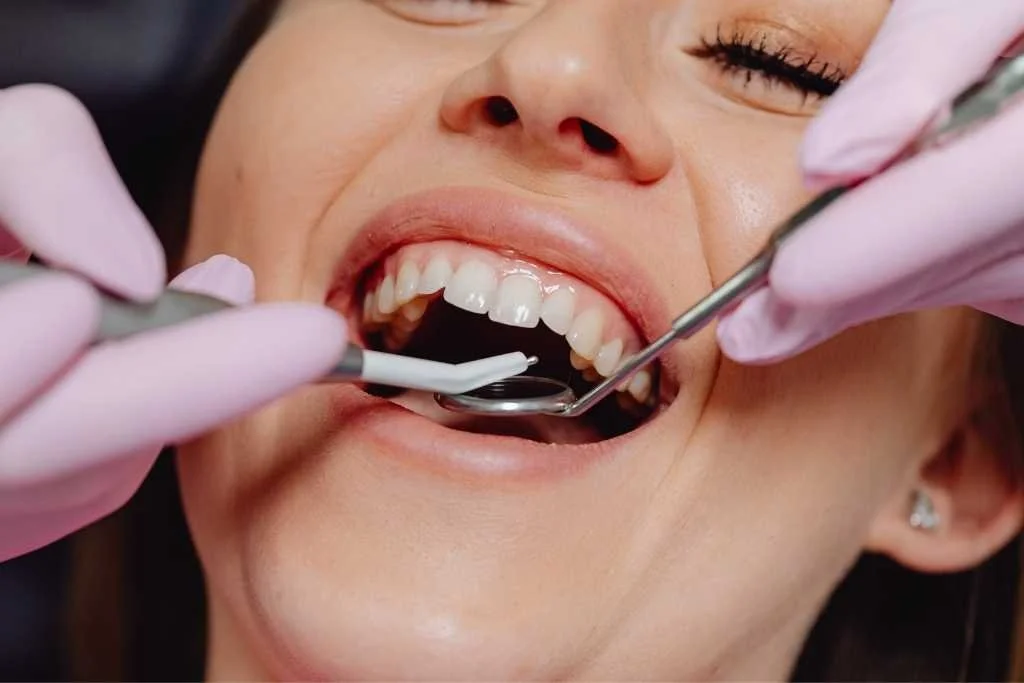What Are the Signs of Gum Disease?
Gum disease, which is also known as periodontal disease affects close to 50% of American adults and is caused by a combination of bacteria and how the body’s immune system reacts to that bacteria. Since everyone is different, bacteria accumulation from missing dental cleanings and/or bad home care can cause gum disease in some people and not others. Genetics play a large role in who develops gum disease. Some common signs include:
Red, swollen, puffy, and/or bleeding gums
Receding gums, or gum recession, usually termed ‘long in the tooth’
Persistent bad breath, bad taste, or a change in taste in the mouth
Loose teeth
Changes in the way your denture fits
Itchy gums
Food starts to get stuck in your teeth
Pain in the teeth
Changes in your bite
Pus around the teeth and gums
It's important to note that gum disease is often painless in its early stages, and oftentimes does not begin to hurt until it becomes acutely infected. See your periodontist to check for signs of gum disease so gum treatment can be provided before the disease gets worse.
Frequently Asked Questions by people who may have the signs of gum disease
-
No, gum disease can also affect the bone and gum tissue that support your teeth. If left untreated, it can lead to tooth loss of both and cause the tooth to become loose.
-
Bleeding gums can be a sign of gum disease, but they can also be caused by other factors such as trauma or brushing too hard or using a toothbrush with hard bristles. If you notice your gums are bleeding, it's important to see a dentist to determine the cause.
-
No, gum disease can occur in people of all ages. It is more common in older adults, but it can also affect younger people. Certain types of gum disease (most often genetically determined) can affect people in their teens and be very aggressive. Factors such as poor oral hygiene, smoking, genetics, and certain medical conditions can increase the risk of developing gum disease.
-
In its early stages, gum disease can be reversed with proper oral hygiene and professional dental cleanings. However, once the disease has progressed to a more advanced stage, it can only be reversed with surgical regenerative medicine. As with any disease, the earlier it is treated, the better the outcome for success.
If you notice signs of gum disease, please contact us to set up a consultation appointment.
Contact Us
Address
1110 2nd Ave Ste 305
New York, NY 10022
Phone
Tel: 212-751-8530
Fax: 212-751-8544
Hours
Monday | 9am - 5pm
Tuesday | 9am - 5pm
Wednesday | 9am - 5pm
Thursday | 9am - 5pm
Friday | 9am - 5pm
Saturday | Closed
Sunday | Closed




